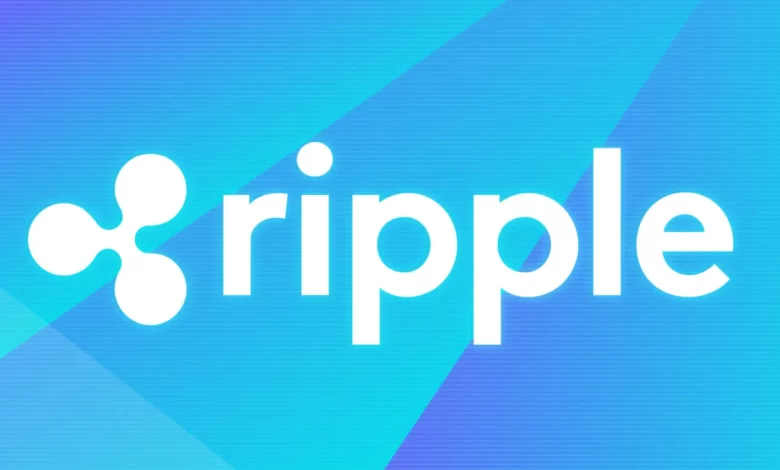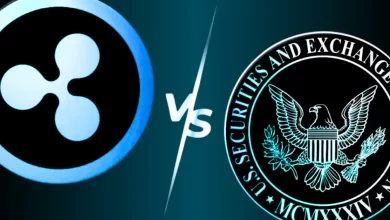
Blockchain payments firm Ripple anticipates that U.S. banks and other financial institutions will return to utilize its On-Demand Liquidity (ODL) product, which uses XRP as a bridge between fiat currencies for cross-border payments, following a mixed ruling in its legal battle with the Securities and Exchange Commission (SEC).
Stu Alderoty, Ripple’s Chief Legal Officer, said the San Francisco-based company plans to start talks with financial firms this quarter, during an interview with CNBC on Friday. Asked whether American banks would return to Ripple’s ODL product following the ruling, “I think the answer to that is yes,” Alderoty said.
“I think we’re hopeful that this decision would give financial institution customers or potential customers comfort to at least come in and start having the conversation about what problems they are experiencing in their business in terms of moving value across borders without incurring obscene fees,” Alderoty added.
Bank of America was piloting Ripple’s technology in 2019, though was reportedly waiting for the case to conclude before any further partnership. American Express and Santander also teamed up with the firm for cross-border payments in 2017. The majority of Ripple’s customers are currently based outside of the U.S.
Ripple’s partial victory
Last week, Southern District Court of New York Judge Analisa Torres declined to issue a summary judgment requested by both the SEC and Ripple in the enforcement over whether XRP is an unregistered security, with a trial now possible.
The securities regulator accused Ripple of illegally raising $1.3 billion through the sale of XRP in 2020 and also sued CEO Brad Garlinghouse and co-founder Chris Larsen. The dispute centered around whether the Ripple-launched XRP token is an unregistered security and whether the sale of it is unlawful.
The SEC’s allegations had a detrimental impact on Ripple’s business, resulting in the loss of customers and investors. MoneyGram, a major U.S. money transfer company, suspended its partnership with Ripple in March 2021 amid the lawsuit.
Torres ruled partially in favor of both sides. She agreed with the SEC’s argument that direct institutional investment contracts involving XRP were unlawful securities sales but took Ripple’s side on other “blind bid” programmatic sales, where Ripple did not know who the buyer was, ruling that those did not break securities laws. The sales brought in $728.9 million and $757 million, respectively.
The crypto industry largely celebrated the partial victory for Ripple, though Alderoty conceded it was not a total win for the firm. Following its partial defeat, the SEC left the door open for an appeal of the decision, which independent experts also expect. However, on Saturday, Katie Haun, a former Department of Justice prosecutor and crypto venture investor, said an appeal of the court decision was “unlikely.”
The price of XRP soared following the mixed ruling, roughly doubling to trade at $0.95 for the first time in over a year, as its daily trading volume surged 18-fold. XRP currently trades at $0.74, according to CoinGecko data. It is currently the fourth largest cryptocurrency, with a market capitalization of $38.5 billion.





